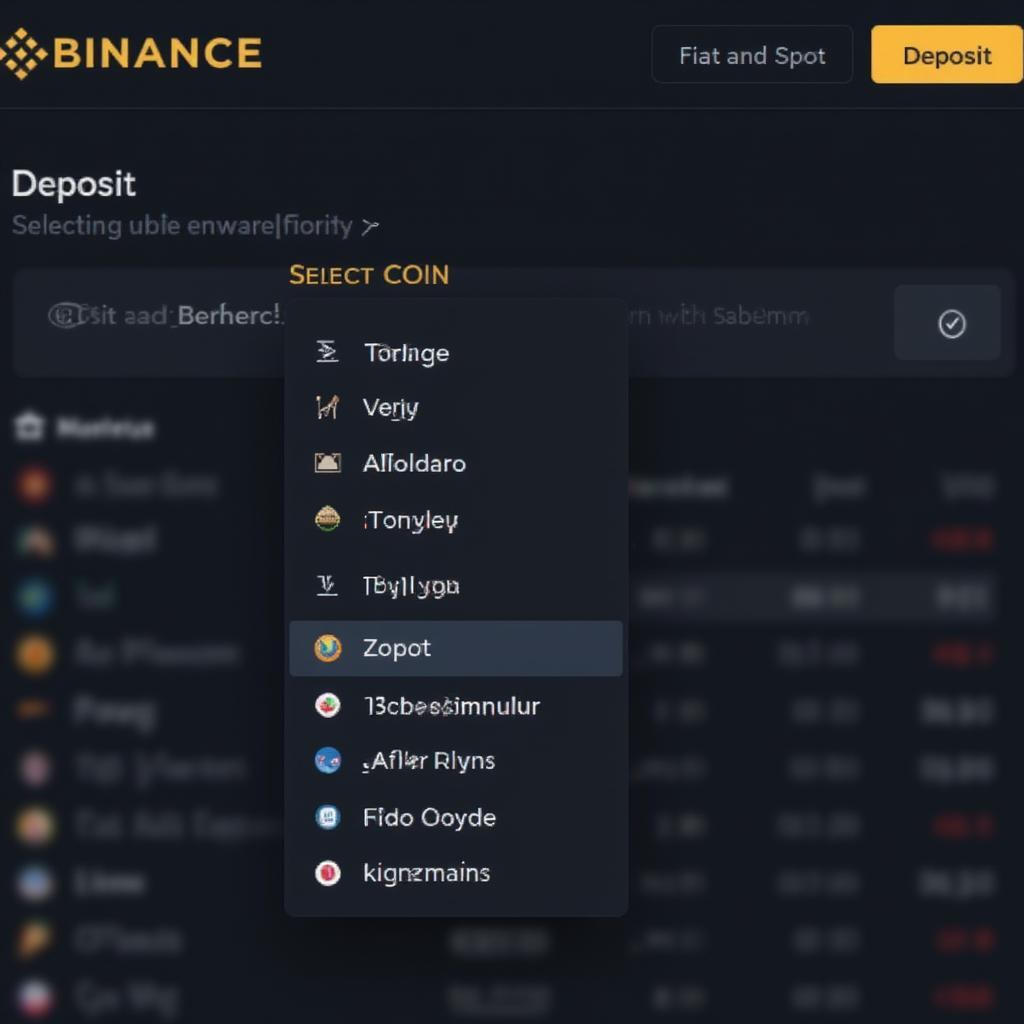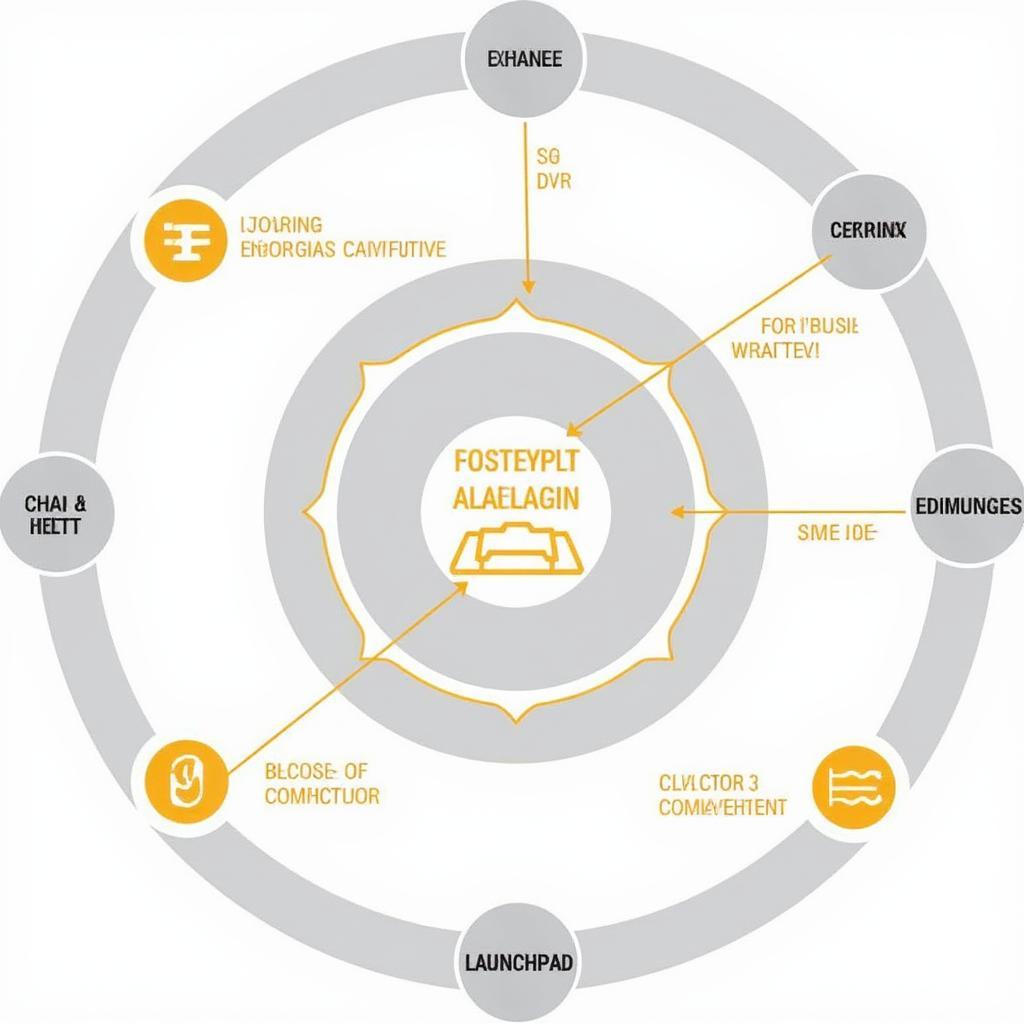Delegate Crypto Meaning: Understanding Staking and Its Implications

Delegating in the crypto world, especially when you hear about Delegate Crypto Meaning, might sound like handing over your digital keys, but it’s actually a powerful way to participate in the network without needing to be a tech wizard. This article will delve deep into what delegation means, particularly within the context of proof-of-stake (PoS) blockchains, and explore its benefits, risks, and practical applications for the average crypto investor. We’ll unravel the complexities and make this powerful concept accessible.
At its core, delegation in cryptocurrency refers to the process where a token holder assigns their voting rights, or staking power, to a validator or node operator. This doesn’t involve giving up ownership of your digital assets. Think of it like voting by proxy; you’re not giving your vote away, but you’re letting someone else cast it on your behalf. This is very common in Proof-of-Stake consensus mechanisms. Why is this necessary and what does it all mean for your crypto journey? Let’s explore further.
What is Proof-of-Stake (PoS) and Why Does Delegation Matter?
Proof-of-Stake is a consensus mechanism that many modern blockchains, including Ethereum 2.0, use to secure their networks and validate transactions. In a nutshell, instead of using powerful computers to solve complex mathematical problems (as in Proof-of-Work, used by Bitcoin), PoS relies on validators who “stake” their own tokens. These validators are responsible for confirming new blocks, in exchange they receive rewards in the form of newly minted cryptocurrency or transaction fees. The larger the stake, the greater the chance of being selected to validate a block.
This is where delegation comes in. Not everyone has the technical expertise or sufficient number of tokens to become a validator. Here’s how delegation works in a Proof-of-Stake setting:
- Token Holders: Individuals who own cryptocurrencies supporting PoS.
- Validators: Entities running nodes, securing the network and processing transactions.
- Delegation: Token holders delegate their stake to validators they trust.
- Rewards: Validators receive rewards which they then share with their delegators, often in a proportion to the amount delegated.
- Security: Network security is enhanced as more tokens are staked, making it difficult for bad actors to manipulate the blockchain.
So when someone asks what does delegate crypto mean in practical terms, they are usually referring to this process of using your existing holdings to earn passive income and support the network. Instead of needing technical skills to participate in the validation process, delegation simplifies everything, making it more accessible to everyone.

Benefits of Delegating Crypto
Delegating cryptocurrency is not just for the technically inclined; it offers several advantages for the average investor:
- Passive Income: Earn regular rewards without active trading or complex investment strategies.
- Network Participation: Contribute to the security and efficiency of the blockchain.
- Accessibility: No need for high-end hardware or in-depth technical knowledge.
- Diversification: An alternative approach to holding that can complement trading strategies.
- Compounding Rewards: By re-delegating rewards, you can increase your overall returns.
“Delegation in Proof-of-Stake networks creates a win-win situation. Token holders can benefit from passive income, and the network benefits from the increased security and participation.” – Dr. Eleanor Vance, Blockchain Economist
Potential Risks of Delegating Crypto
While delegating offers numerous benefits, it’s also important to acknowledge the potential risks involved:
- Slashing: If a validator behaves maliciously or goes offline, a portion of the delegated stake could be lost.
- Validator Selection: Choosing a dishonest or unreliable validator can lead to reduced rewards or even loss of funds.
- Lock-Up Periods: Delegated tokens may be locked for a specific period, preventing access to your funds during that time.
- Inflation: In some networks, staking rewards are paid out in newly minted tokens, which can lead to inflation that dilutes your holdings.
- Protocol Risks: Smart contracts and protocols are susceptible to bugs and security vulnerabilities.
How to Delegate Your Crypto: A Step-by-Step Guide
Now that we’ve covered the delegate crypto meaning and its implications, let’s explore how to actually go about it. The specific steps can vary depending on the cryptocurrency you’re using, but here’s a general guide:
- Choose a Cryptocurrency: Opt for a cryptocurrency that uses a Proof-of-Stake consensus mechanism. Popular examples include Ethereum, Cardano, Solana, and Polkadot.
- Select a Wallet: Choose a compatible wallet that supports delegation (e.g., MetaMask, Trust Wallet, Daedalus, Ledger).
- Research Validators: Look for trustworthy and reputable validators. Consider factors such as uptime, commission rates, and community feedback.
- Delegate Your Tokens: Use the wallet’s delegation feature to assign your tokens to the validator. You will typically be asked to approve a transaction.
- Monitor Your Rewards: Track your staking rewards and overall performance over time.
- Redelegation: Consider re-delegating your earned rewards to compound your returns and increase your total staked amount.
Key Factors When Choosing a Validator
Selecting the right validator is crucial to maximize your staking rewards and mitigate risk. Here are some key factors to keep in mind:
- Uptime: Choose a validator with a high uptime to ensure you consistently earn rewards.
- Commission: Check the validator’s commission rates which are a portion of the rewards they keep.
- Performance: Examine their past performance and participation in the network.
- Security: Make sure they have robust security measures in place to protect their operations and your funds.
- Reputation: Read user reviews, and check their community engagement, and verify if they’ve had any prior issues or incidents.
Delegating vs. Running a Validator Node
It’s important to differentiate between delegating and running a validator node. While both methods contribute to the network’s security, they have significant differences:
| Feature | Delegating | Running a Validator Node |
|---|---|---|
| Technical Skill | Requires minimal technical knowledge | Requires in-depth technical expertise |
| Hardware Needs | No special hardware required | Requires dedicated servers and reliable network |
| Capital Requirements | Lower financial commitment | Requires a significant investment in hardware and a substantial amount of staked tokens |
| Responsibility | Less responsibility | Full responsibility for network participation |
| Potential Rewards | Earn a portion of the rewards | Earn the full rewards, but at a higher risk |
“Running a validator node can be more profitable, but it comes with significant responsibility and risks. Delegation offers an accessible alternative for those without the technical expertise or capital to become validators.” – Marcus Chen, Founder of Blockchain Insights
Understanding the Nuances: Lockup Periods and Slashing
When you delve into delegate crypto meaning, it’s essential to understand the potential implications of lockup periods and slashing.
- Lockup Periods: Many PoS networks require a certain period (often a few days or weeks) when tokens are locked up during the delegation process. This prevents delegators from rapidly unstaking their tokens which could disrupt the network. Lockup periods ensure stability, however, it’s vital to check the lockup periods before delegating.
- Slashing: Slashing is a penalty mechanism that penalizes validators (and by extension, delegators) for misbehavior or negligence. Misbehavior includes double-signing blocks or having poor uptime. If the validator you delegate to is slashed, you’ll lose a portion of your stake. Thus, carefully vet your validators.
The Future of Delegation in Cryptocurrency
Delegation is not just a passing trend, it’s set to become a more integral part of the cryptocurrency landscape as more and more projects adopt Proof-of-Stake. As the industry matures, we can expect to see:
- Improved Tools: More user-friendly interfaces, automated delegation tools, and comprehensive validator dashboards.
- Increased Accessibility: Greater integration of staking and delegation in more wallets and platforms, lowering the barrier for entry.
- Enhanced Security: Further development in smart contract audit and security measures to protect delegators.
- Novel Mechanisms: More varied staking options and reward structures are expected in the future.
- Decentralized Governance: Delegation will increasingly be used to participate in on-chain governance, empowering the community.
Delegating in the crypto ecosystem is far more than just a technical exercise – it’s a fundamental mechanism for how cryptocurrencies are secured, and how you can engage with the networks. By understanding the delegate crypto meaning and its implications, you can make more informed decisions, maximizing the return of your investments, while contributing to the long-term sustainability of the blockchain.
Conclusion
The delegate crypto meaning encapsulates a powerful concept that allows everyday cryptocurrency users to engage with and benefit from proof-of-stake blockchains. Delegation empowers holders to earn passive income, without needing specialized skills or significant hardware investments. While it’s crucial to be aware of the potential risks, by carefully selecting reputable validators and understanding the mechanics, delegation can be a valuable part of a crypto portfolio. As the industry evolves, the importance of delegation in ensuring a decentralized, secure and thriving cryptocurrency ecosystem will only continue to grow.
Frequently Asked Questions (FAQs) About Delegating Crypto
1. What exactly does it mean to delegate cryptocurrency?
Delegating cryptocurrency means assigning your staking power to a validator without transferring ownership of your tokens. You allow them to vote or process transactions on your behalf.
2. Is delegating crypto safe?
Delegation is generally safe, but involves risks like slashing, validator failure, or lock-up periods. Research your validators carefully to mitigate those risks.
3. How can I delegate my crypto assets?
Use a compatible wallet that supports the specific Proof-of-Stake cryptocurrency you hold. You usually find delegation features in the application.
4. What’s the difference between delegating and running a validator node?
Delegating is much easier and accessible, while running a validator node is more technically demanding and requires considerable capital.
5. What are the main risks associated with delegating crypto?
The primary risks include potential slashing, choosing an untrustworthy validator, lockup periods, inflation, and smart contract protocol issues.
6. How often will I receive rewards from delegation?
Reward frequency varies between networks, however most are distributed daily, weekly or monthly. Check the specific details for your network.
7. Can I undelegate my crypto at any time?
Undelegation often requires a waiting period, during which your tokens are unavailable. Make sure to check the specific rules for your network.
8. How do I choose a good validator for crypto delegation?
Look for validators with high uptime, low commission rates, strong security measures and a good reputation within the crypto community.
9. Does delegation in crypto contribute to the network?
Yes, by delegating you enhance the network’s security and stability, while also participating in its governance and consensus mechanism.




